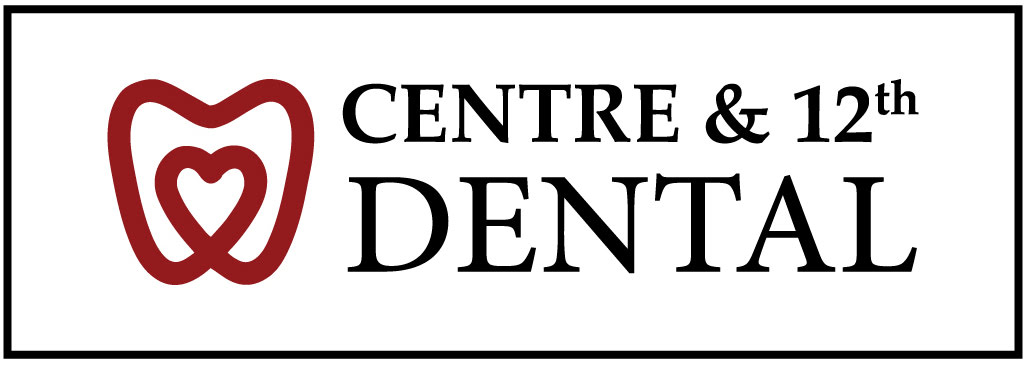Do you wonder if a dental crown is the best option for your tooth? Dental crowns in Calgary are a common, successful way to repair broken teeth, but if knowing the possible cons can help you, then that is probably wise. This blog outlines the crown’s biggest cons so that you’re informed to make a confident decision.
Understanding What A Dental Crown Does
A dental crown is a custom cap that is placed on a tooth in order to restore its shape, strength, and appearance. Crowns are constructed from different materials, like porcelain, ceramic, or metal.
Some of the most common reasons for crowns are:
- Protecting a broken or weakened tooth
- Covering a big filling
- Restoring a tooth after a root canal
- Enhancing the appearance of an irregularly shaped tooth
Although crowns are great, there are also significant things to consider when deciding if crowns are for you.
Why Might You Have Tooth Sensitivity After A Crown?
Below, you’ll find one of the most common concerns patients have: sensitivity.
After your crown is placed, you might notice discomfort when eating hot or cold foods. This usually happens because:
- The tooth nerve is slightly irritated after the preparation
- The crown sits close to the gumline.
- The bite needs adjustment.
Sensitivity often improves over time. However, if it continues, your dentist near you may recommend using special toothpaste or adjusting the crown to help relieve discomfort.
Can A Crown Become Loose Or Fall Off?
Crowns are designed to fit tightly over your tooth, but they can sometimes loosen or fall off. This can happen due to:
- Decay developing under the crown
- Cement is wearing away over time.
- Sticky or hard foods pulling on the crown
If you lose a crown, you should see your dentist as soon as possible. Delaying care could give your tooth exposure to bacteria and increase the likelihood of further trauma.
Could Crowns Damage Nearby Teeth?
Here, we discuss how crowns can sometimes affect the teeth around them. Because crowns are made of strong materials, they can put pressure on opposing teeth, leading to wear or cracks over time.
Ways to reduce this risk:
- Choose materials recommended by your dentist
- Avoid grinding or clenching your teeth.
- Wear a nightguard if you grind while sleeping.
Talking with your dentist about your bite and habits can help you prevent this problem.
Why Does A Crown Require Tooth Preparation?
Unlike fillings or bonding, crowns require more of the natural tooth to be removed. Your dentist needs to shape the tooth so the crown will fit securely.
Potential downsides of this preparation include:
- Loss of healthy tooth structure
- Increased sensitivity
- Higher risk of nerve irritation
This step is necessary for long-term success, but it is important to understand how it affects your tooth.
Are Crowns More Costly And Time-Consuming?
Crowns can be more expensive than other treatments, such as fillings. They also often require at least two appointments:
- Initial Visit: Your dentist reshapes the tooth and takes impressions.
- Second appointment: The final crown is placed and adjusted.
Below, you’ll find a simple comparison of crowns versus other options:
Treatment | Cost Range | Number of Visits | Longevity |
Dental Filling | Lower | One | 5-10 years |
Dental Crown | Higher | Two or more | 10-15 years or longer |
Bonding | Lower to Medium | One | 3-7 years |
If you are concerned about costs, talk with your dentist about payment options and insurance coverage.
Crown Appearance And Fit
Even though crowns are designed to look natural, sometimes patients feel their crown does not match their other teeth perfectly.
Possible appearance issues include:
- Slight colour differences
- Bulky feel
- Gaps between the crown and gum line
A well-trained dentist will then ensure the colour and shape are matched precisely to your own smile. If you feel your crown looks or feels off, do not hesitate to speak up.
How Do You Maintain A Crown Over Time?
Crowns can last many years, but they are not permanent. You still need to care for them properly to avoid decay or damage.
Care tips for crowns:
- Brush and floss daily, paying attention to the gum line
- Avoid chewing hard objects such as ice.
- Schedule regular dental checkups and cleanings.
If a crown becomes loose, chipped, or worn, it will likely need repair or replacement in the future.
Ready To Find The Right Solution For Your Smile?
Crowns, while not without their drawbacks, are one of the most reliable methods of restoring both function and aesthetics to damaged teeth. The experienced team at Centre & 12th Dental will walk you through all your options so you feel confident about your care. If you are considering a dental crown or have questions about other treatments, schedule an appointment with our dental clinic in Calgary today. Let us help you find the solution that keeps your smile healthy and strong!









